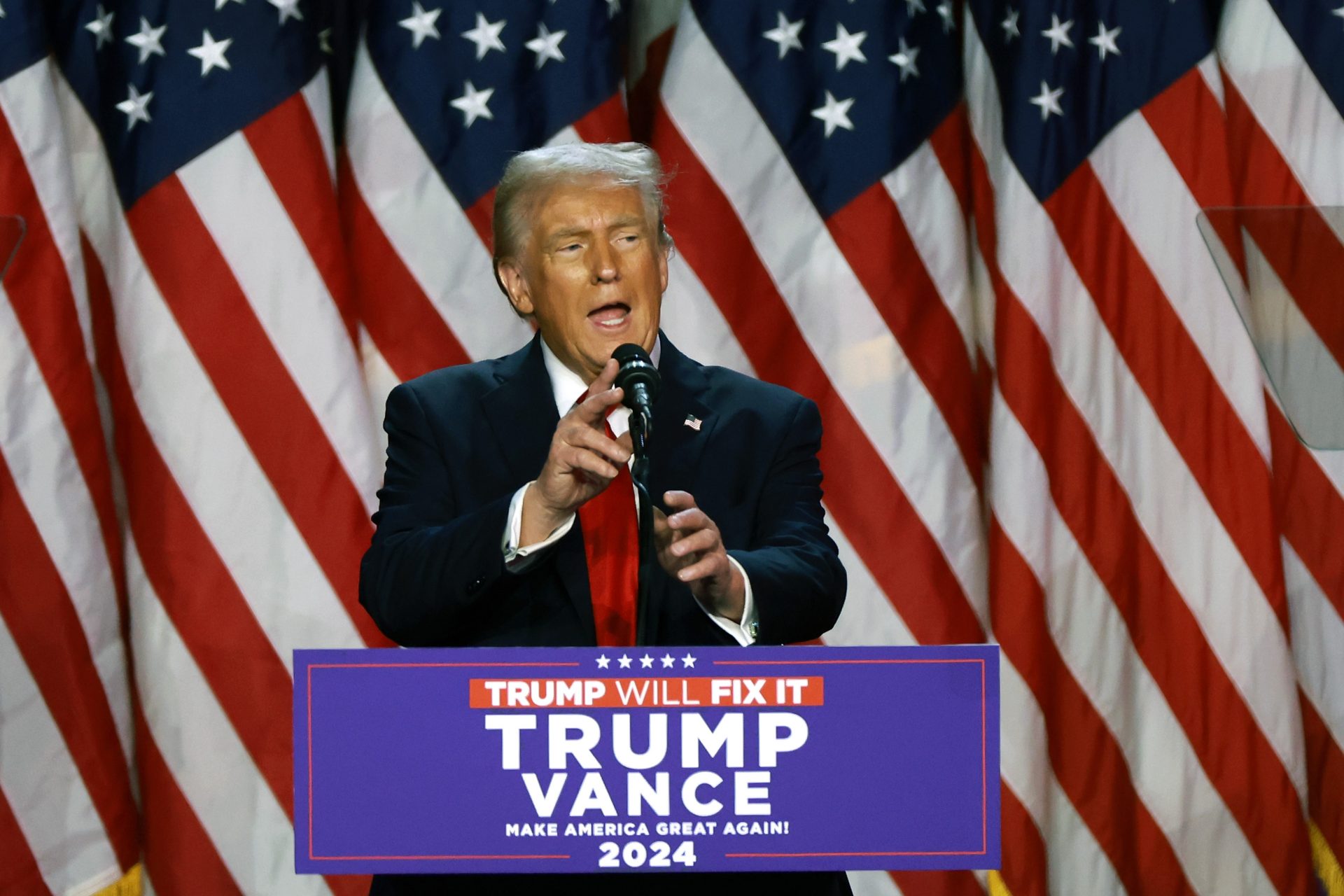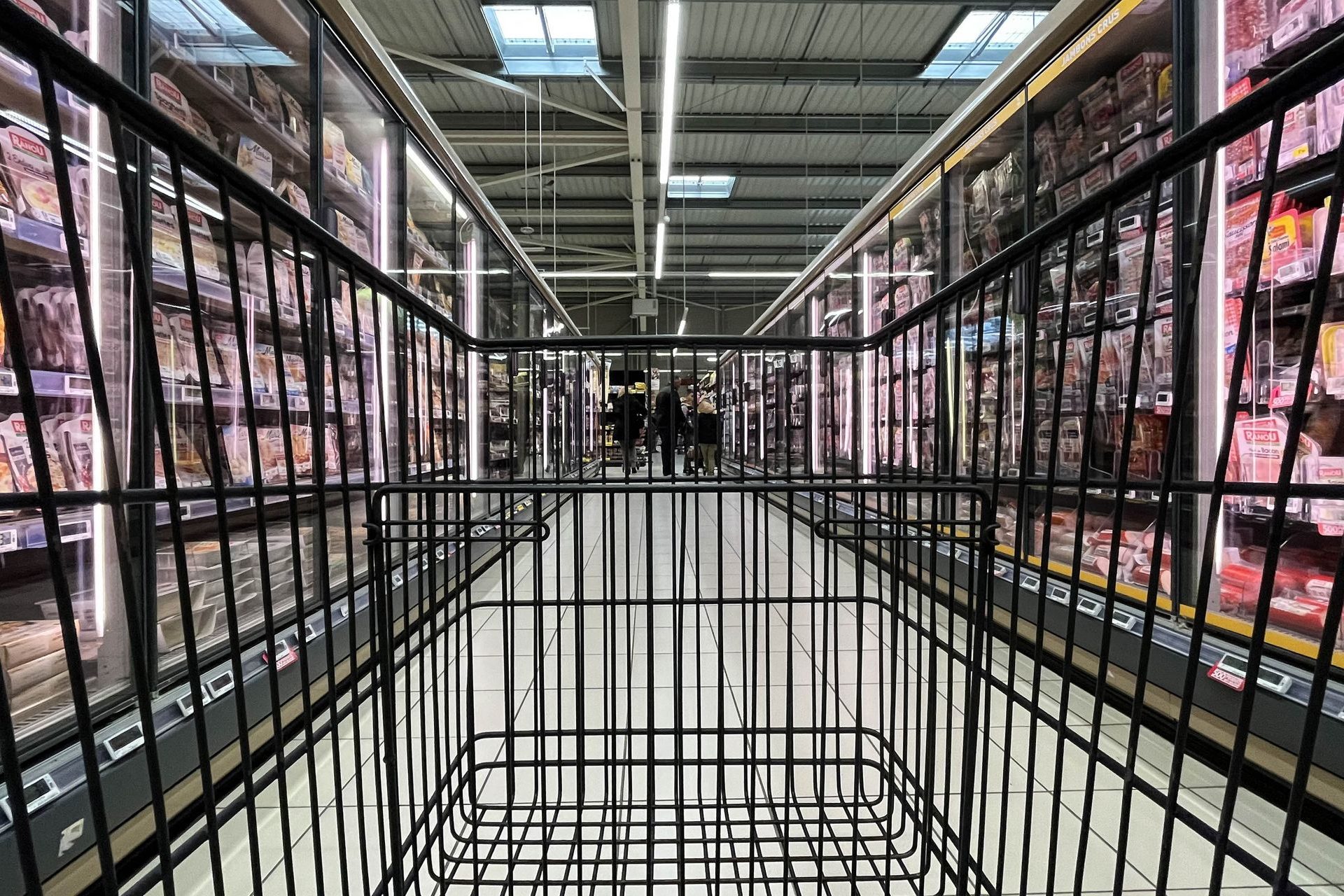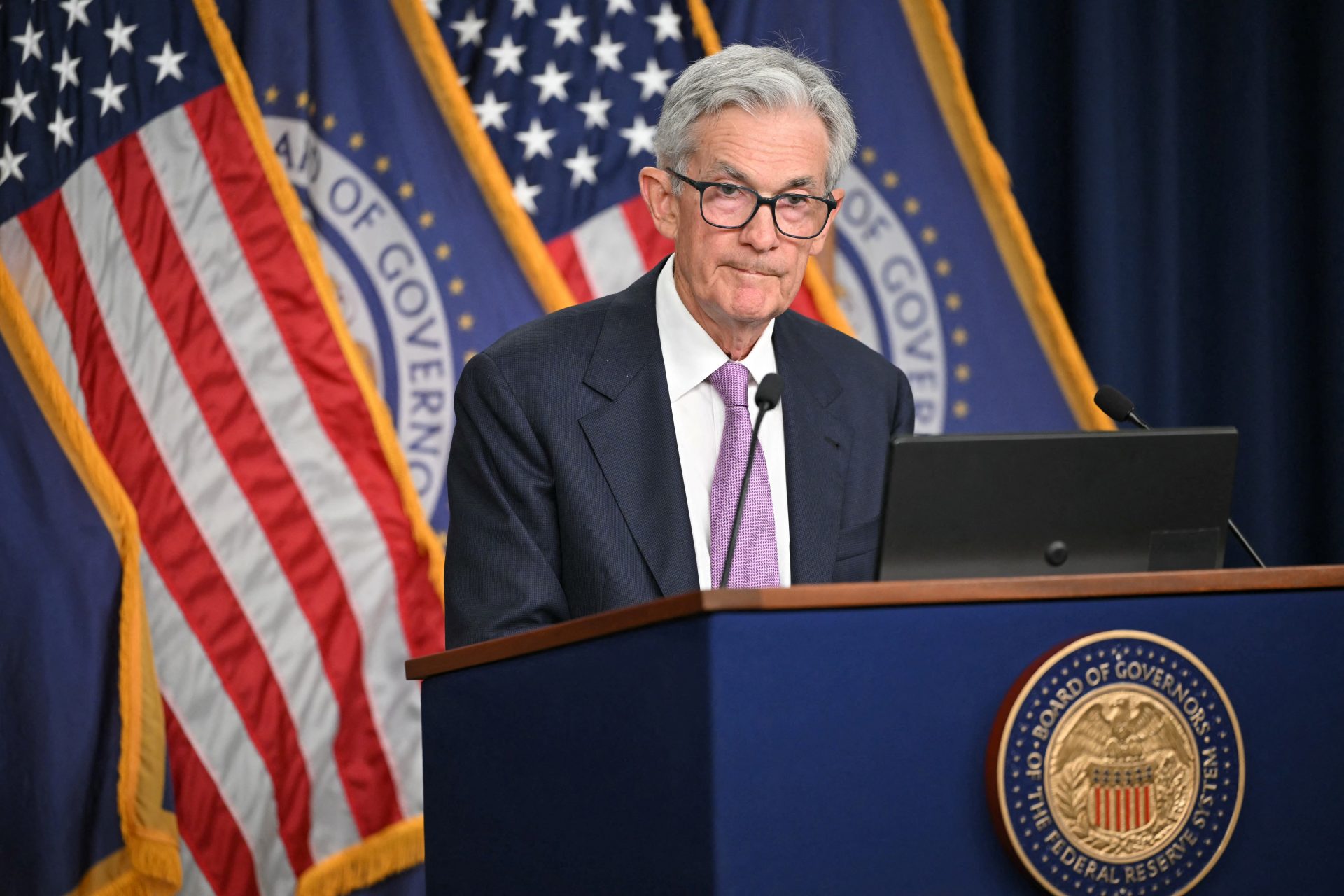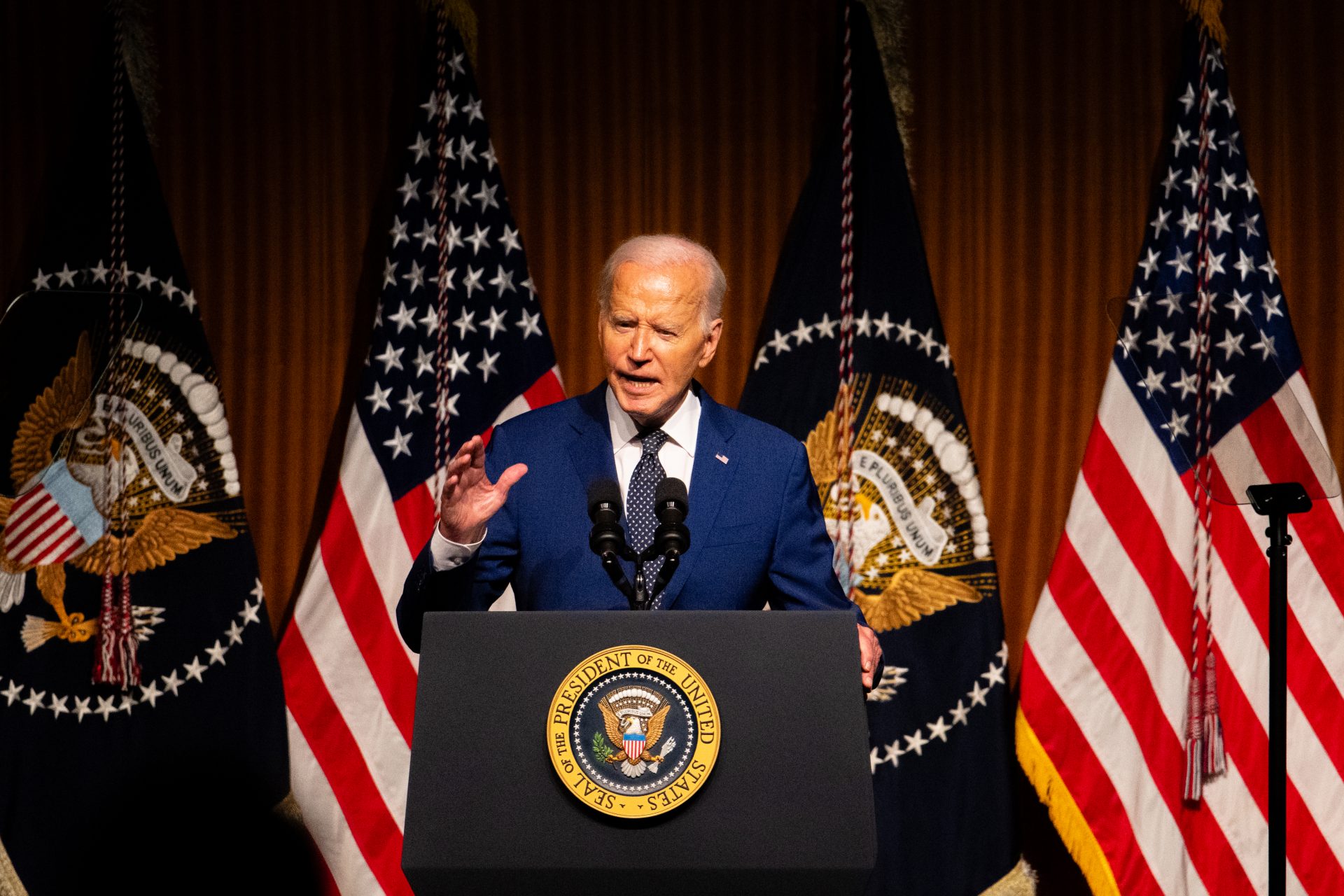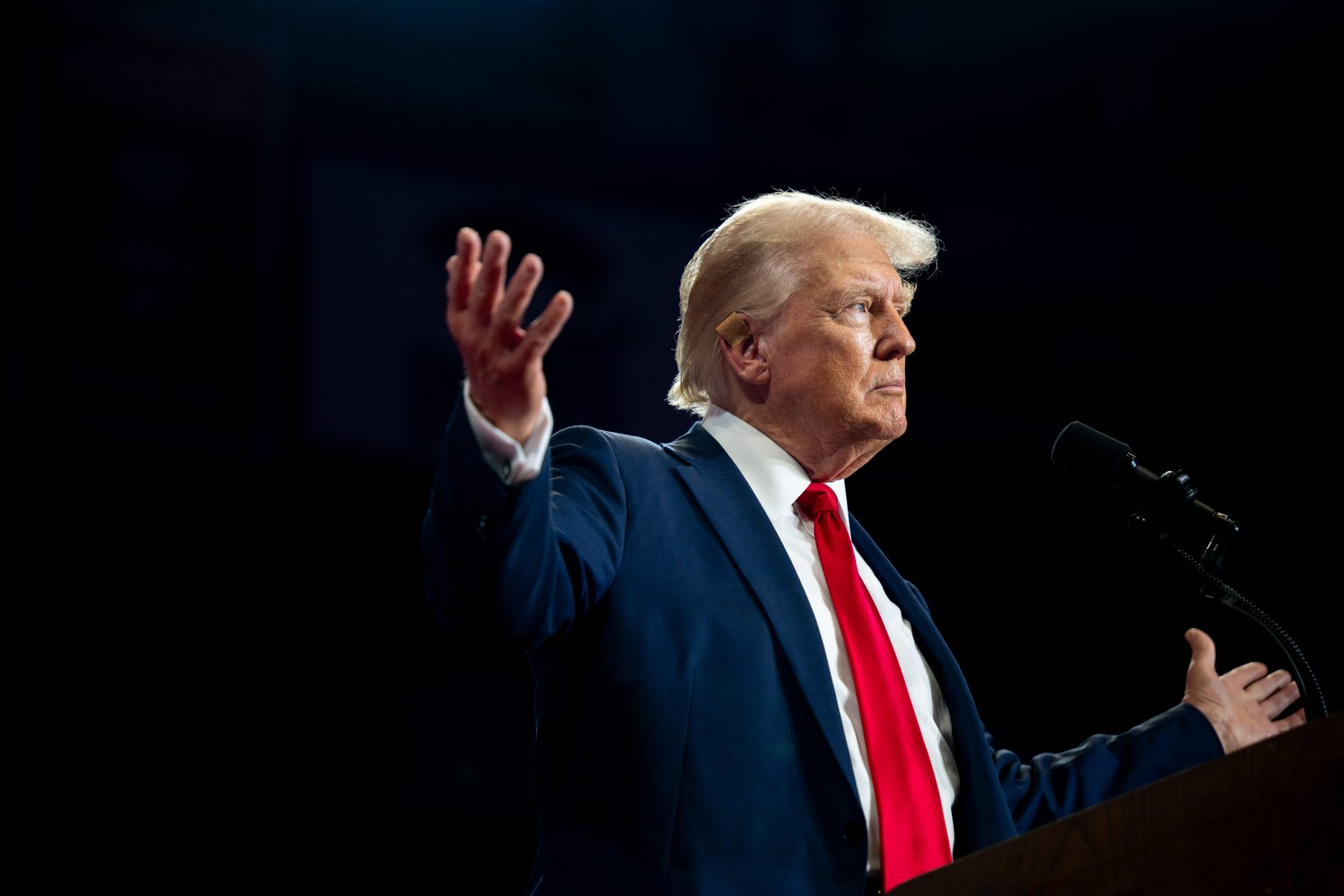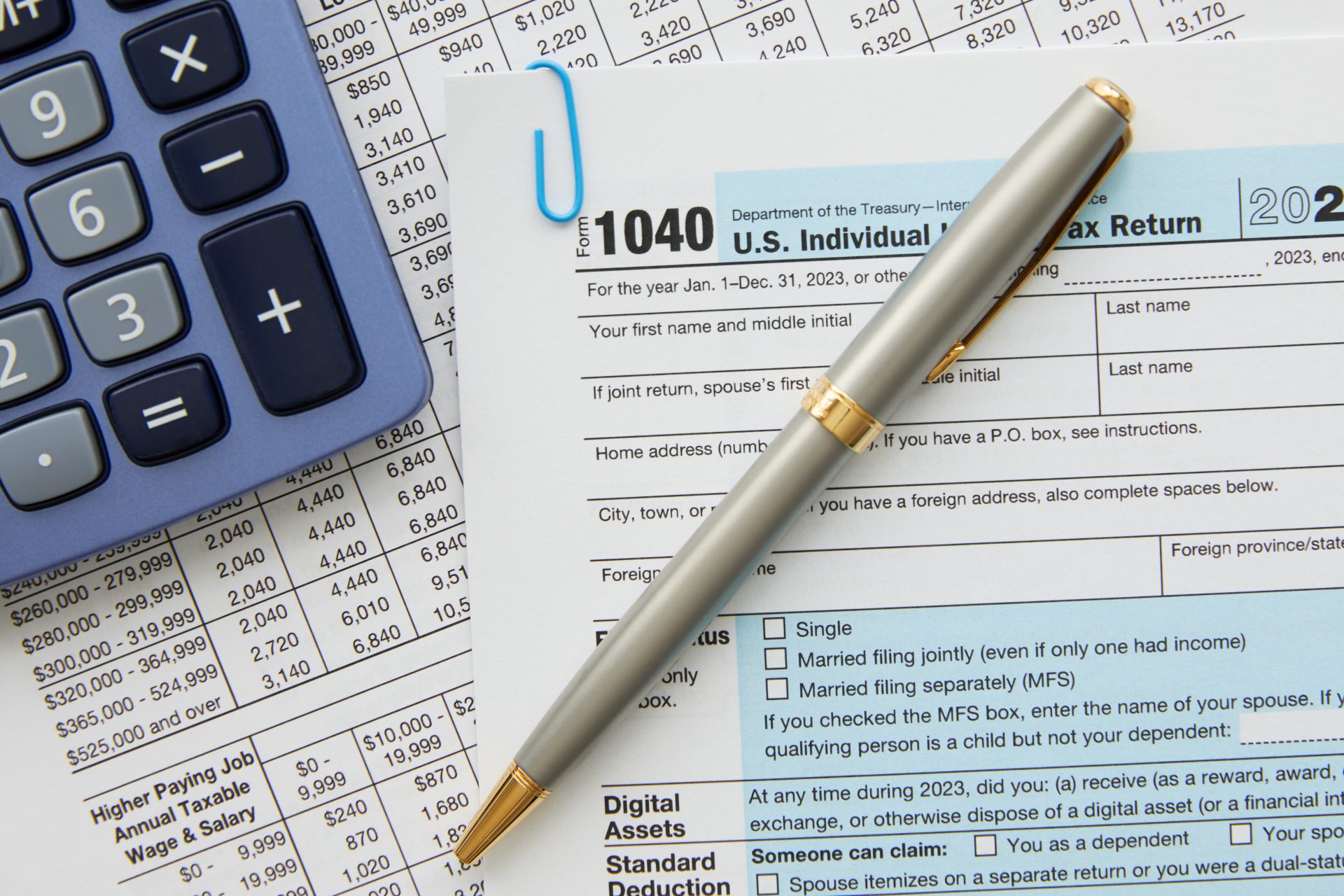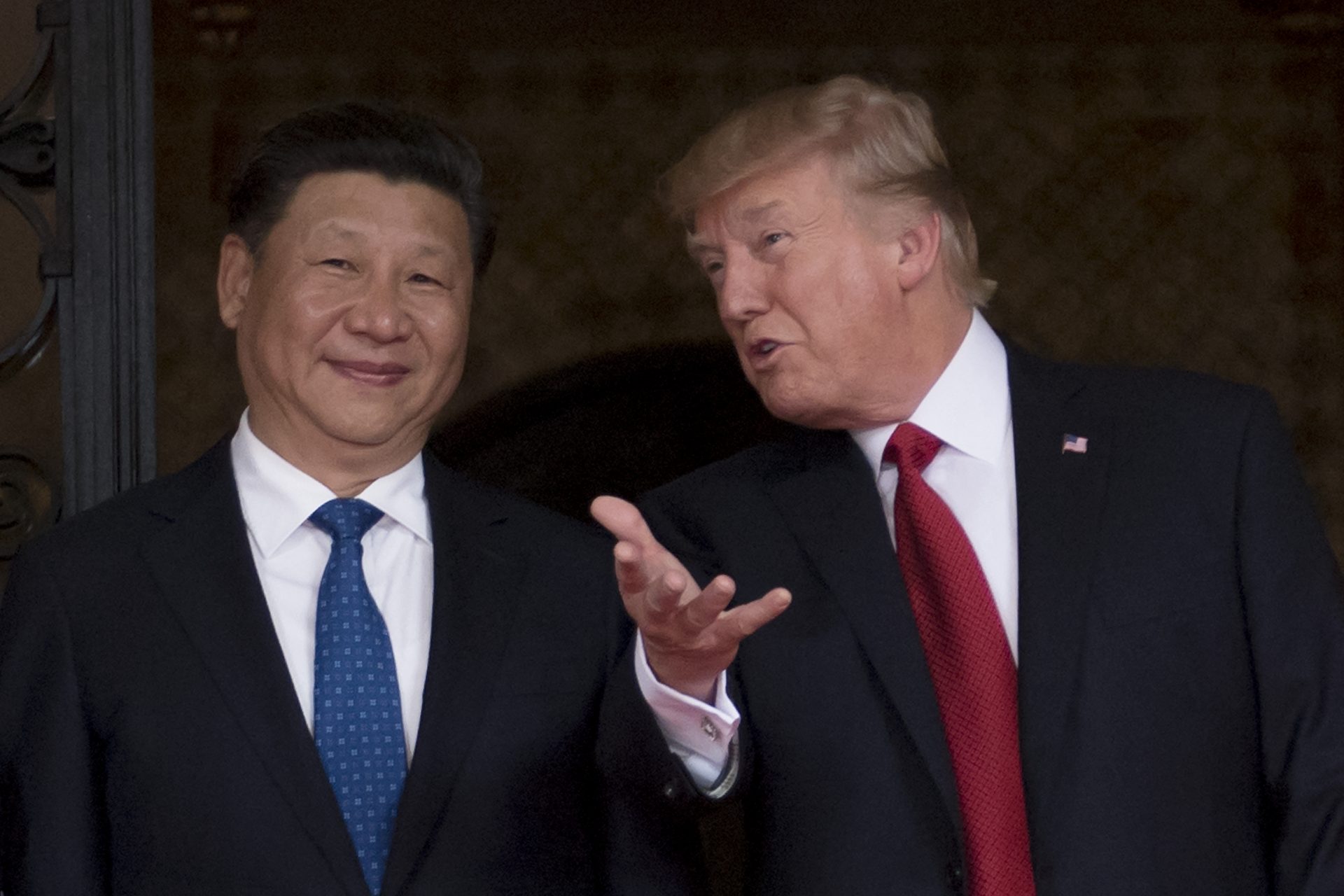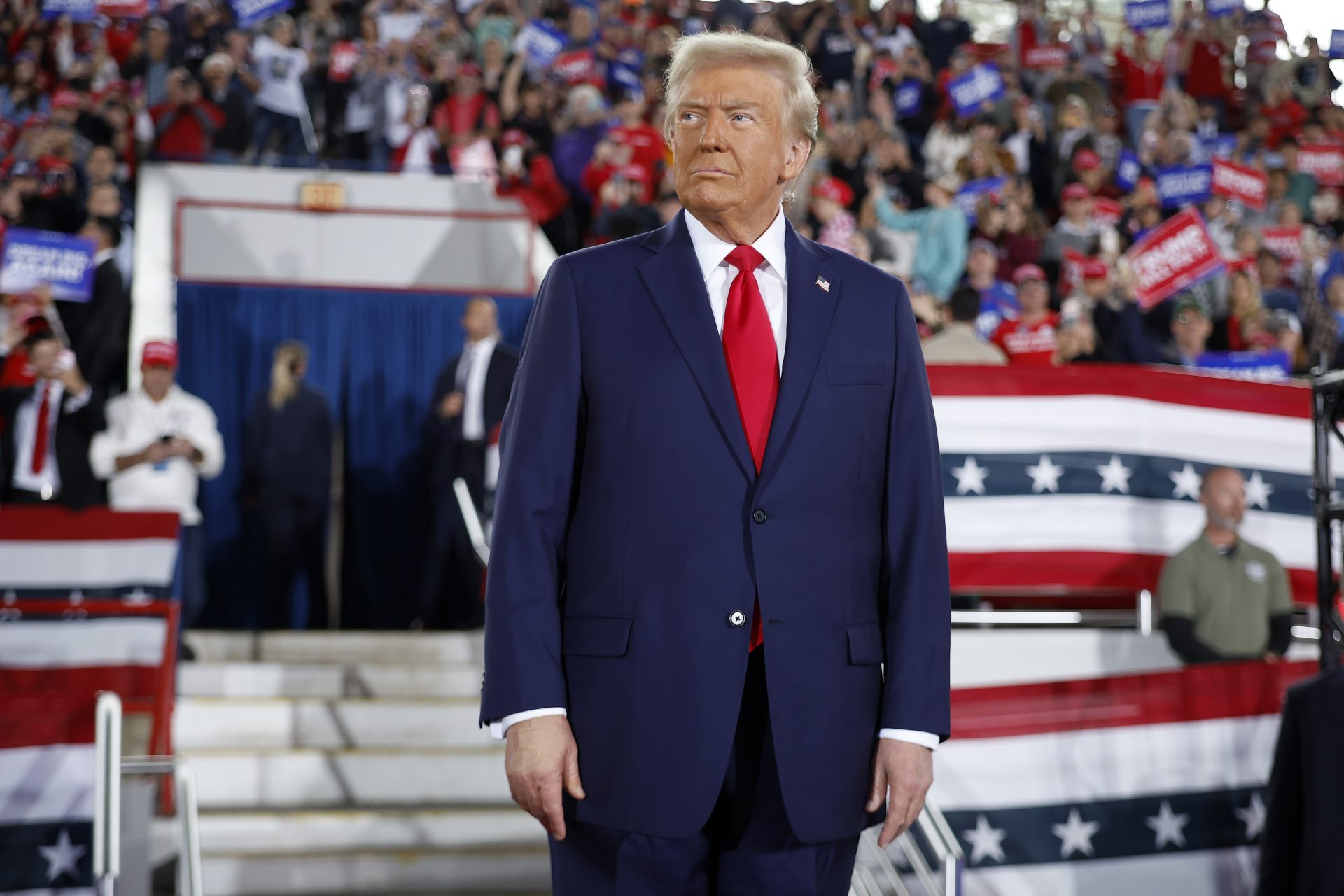High prices helped elect Trump, but can he bring them down?
Voters gave a clear message to the Democratic party on November 5: they are unhappy with the trajectory of President Biden's government, and much of it is related to the economy.
The Biden Administration dealt with one of the highest inflation rates in recent history. A post-pandemic bottleneck, government stimulus, and a booming work market contributed to prices skyrocketing.
Americans have really been feeling the increase of the price of essential goods: groceries or gas became more expensive nearly every month, so what they paid for groceries a few weeks back served for little.
Mr. Trump promised he "will rapidly defeat inflation, quickly bring down prices, and reignite explosive economic growth" during a speech at the Economic Club of New York, collected by The New York Times.
Inflation has been going down for months. The Fed's response to high inflation rates is ending, and the numbers are somewhat normal again, but why do prices remain high?
Sadly, most economists believe prices will not go down for long. Reducing inflation means that they will not rise as fast again soon, not that they will go down.
CNBC explains that experts call this disinflation. Price increases slow down to become less noticeable. Inflation is always there; that is why your grocery list was cheaper in 2002 than in 2008.
A sharp fall in prices, say to what they were before the inflation, would be called deflation. Deflation usually signals a recession: no economic growth and a troubled work market.
A recession causes deflation because people tend to spend less during economic crises. As a result, production might be higher than demand, and prices of goods go down.
Presidents have little influence on how the market sets prices. Both Trump and Biden pushed inflation through stimulus checks during the pandemic. Still, their hand is much less mighty when controlling it.
Still, there are some ways in which government policies can indirectly influence inflation and price setting. So, what will be the case with Trump's proposals?
During the campaign, the President-elect signaled that he would return to his past presidency's most significant economic policies: tariffs and tax cuts.
Many economists fear that his tariffs could be inflationary: companies would make consumers pay for the rising prices of what they import. Still, according to the Wall Street Journal, it is uncertain.
The WSJ explained that the proposed tax cuts could cancel out the effect that the tariffs could have on prices. It all depends. Tax cuts will not have an impact if Mr. Trump delivers his 60% tariff promise.
However, Mr. Trump's advisers have told the WSJ they believe the President-elect will use the high percentage of his proposals as a starting point to negotiate, and the tariffs would ultimately be lower.
Mr. Trump's presidency is months from starting, and his effect on the economy is still unknown. However, lowering prices seems like a task no president could accomplish in four years.
More for you
Top Stories






